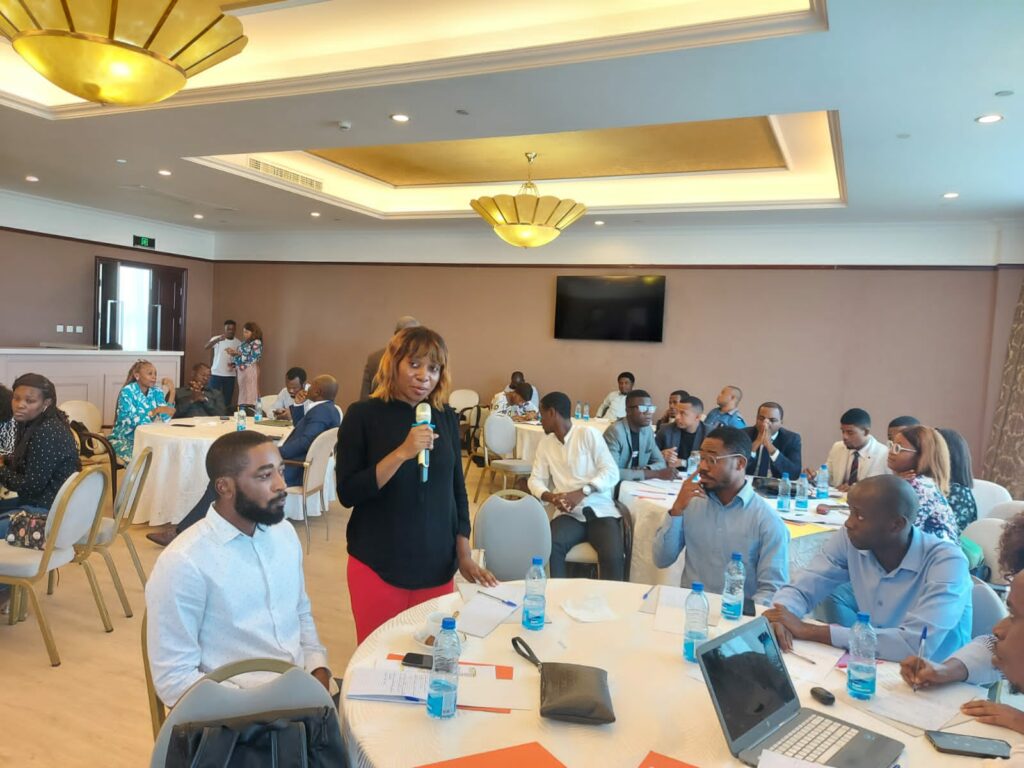The United Nations Population Fund (UNFPA) in Equatorial Guinea, in collaboration with the Association of Journalists of Equatorial Guinea (ASOPGE), has set an important precedent in the country with the creation of the Network of Journalists Specialized in Population and Development. This strategic initiative aims to enhance the skills of media professionals in critical areas essential for advancing the Sustainable Development Goals (SDGs) and implementing the 2030 Agenda.
The project was introduced through a seminar organized by UNFPA in collaboration with ASOPGE, which brought together more than 20 journalists over two days in Malabo. Participants attended specialized workshops addressing crucial topics such as sexual and reproductive health, human rights, and population dynamics. A key highlight was the analysis of the Addis Ababa Declaration on Population and Development (AADPD), a vital instrument for addressing demographic challenges globally and regionally.
Equatorial Guinea: Afri Mall, 7,526 square meters of luxury and convenience for business in Malabo
This activity is part of a series of initiatives promoted by UNFPA aimed at integrating population and development perspectives into national policies, in line with the guidelines of the Programme of Action of the International Conference on Population and Development (ICPD) of 1994. In this context, the seminar also emphasized the importance of demographic resilience in relation to climate change, a critical issue in contemporary development strategies. According to Dr. Balde, the event facilitator, “It is imperative for journalists to understand and effectively communicate the links between population, climate, and human rights, as their work is essential to raising societal awareness of these critical intersections.”
Additionally, the importance of regional cooperation as a cornerstone for achieving the SDGs in Africa was highlighted. During the event, the Government of Equatorial Guinea reaffirmed its commitment to training journalists and incorporating demographic challenges into public policies, recognizing the media’s role as key actors in promoting inclusive development.
The creation of the Network of Journalists Specialized in Population and Development represents a significant step forward in strengthening social awareness in Equatorial Guinea regarding the SDGs and sustainable development. Supported by UNFPA and ASOPGE, this network aims to empower communicators to act as catalysts for change, promoting equitable and sustainable public policies both in the country and across the continent. This initiative underscores the importance of international cooperation and professional training as essential drivers for building a more resilient, fair, and sustainable future, positioning the media as fundamental tools to address global development challenges.


